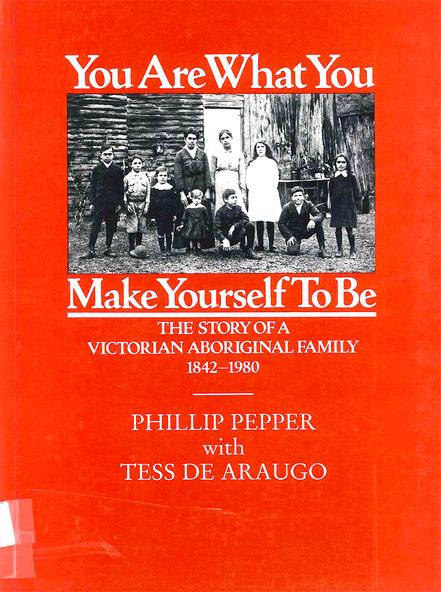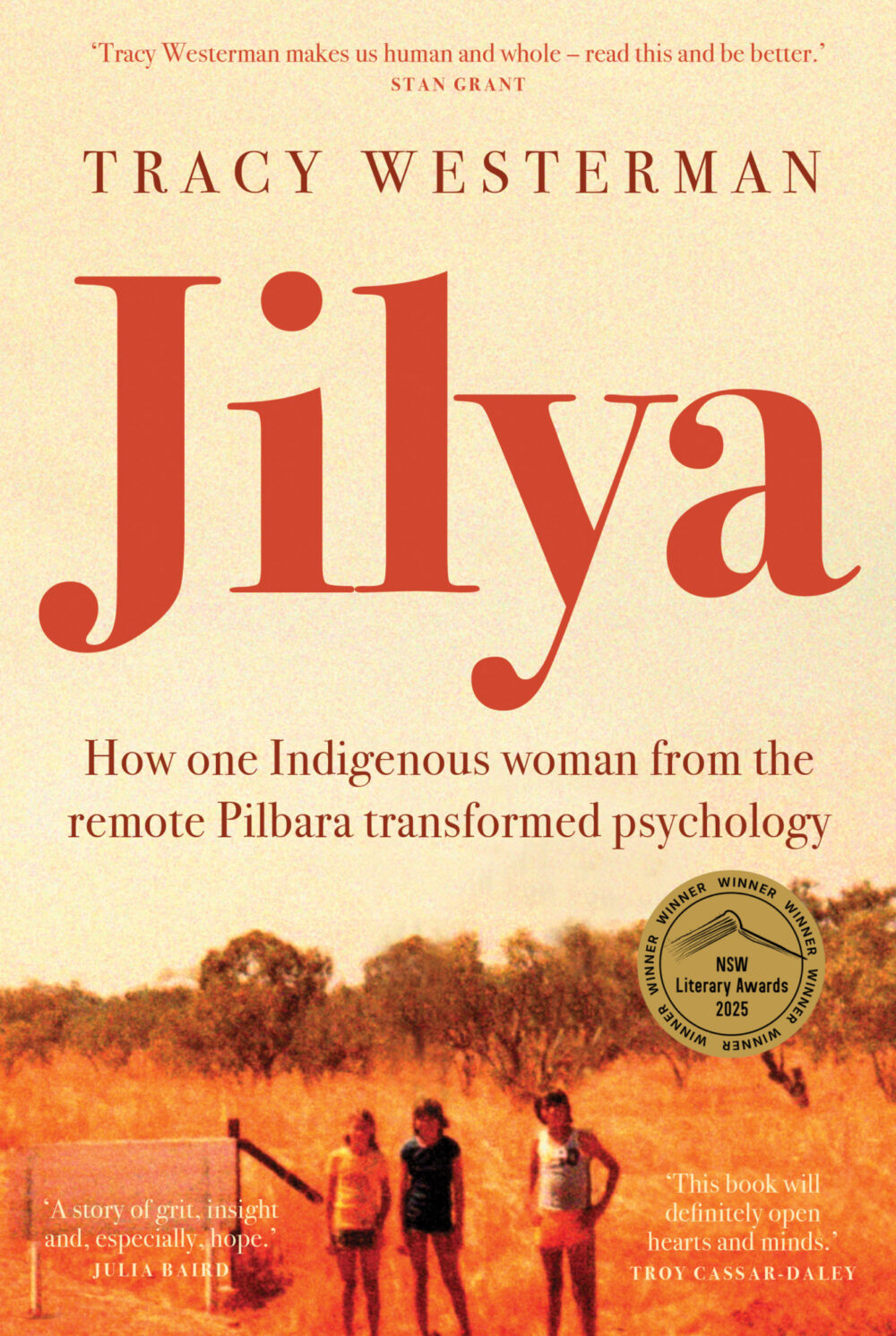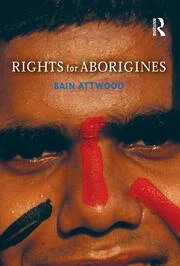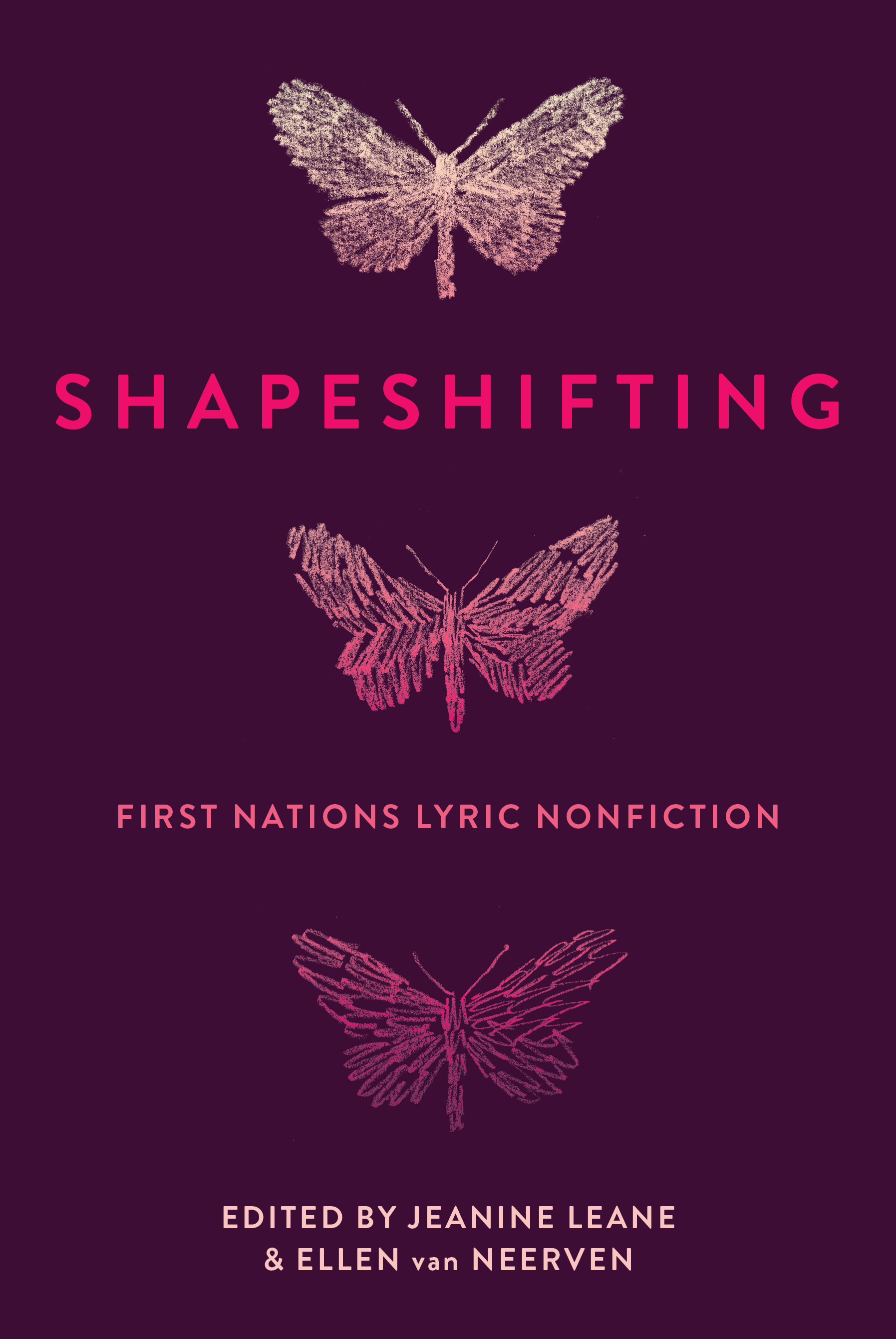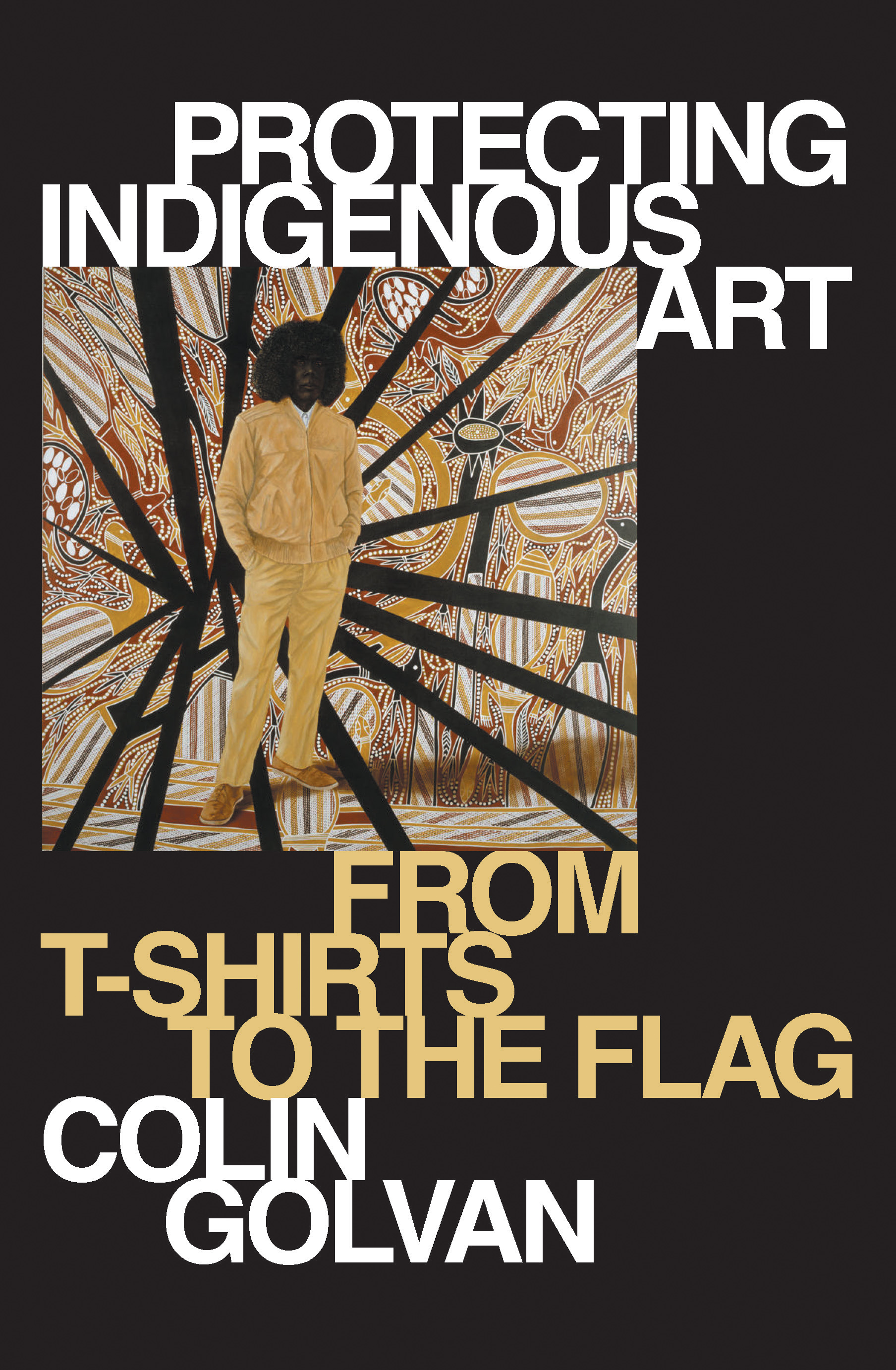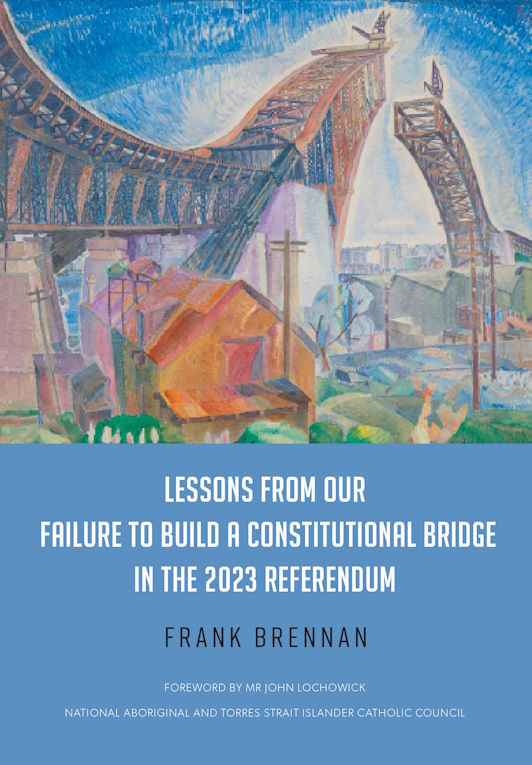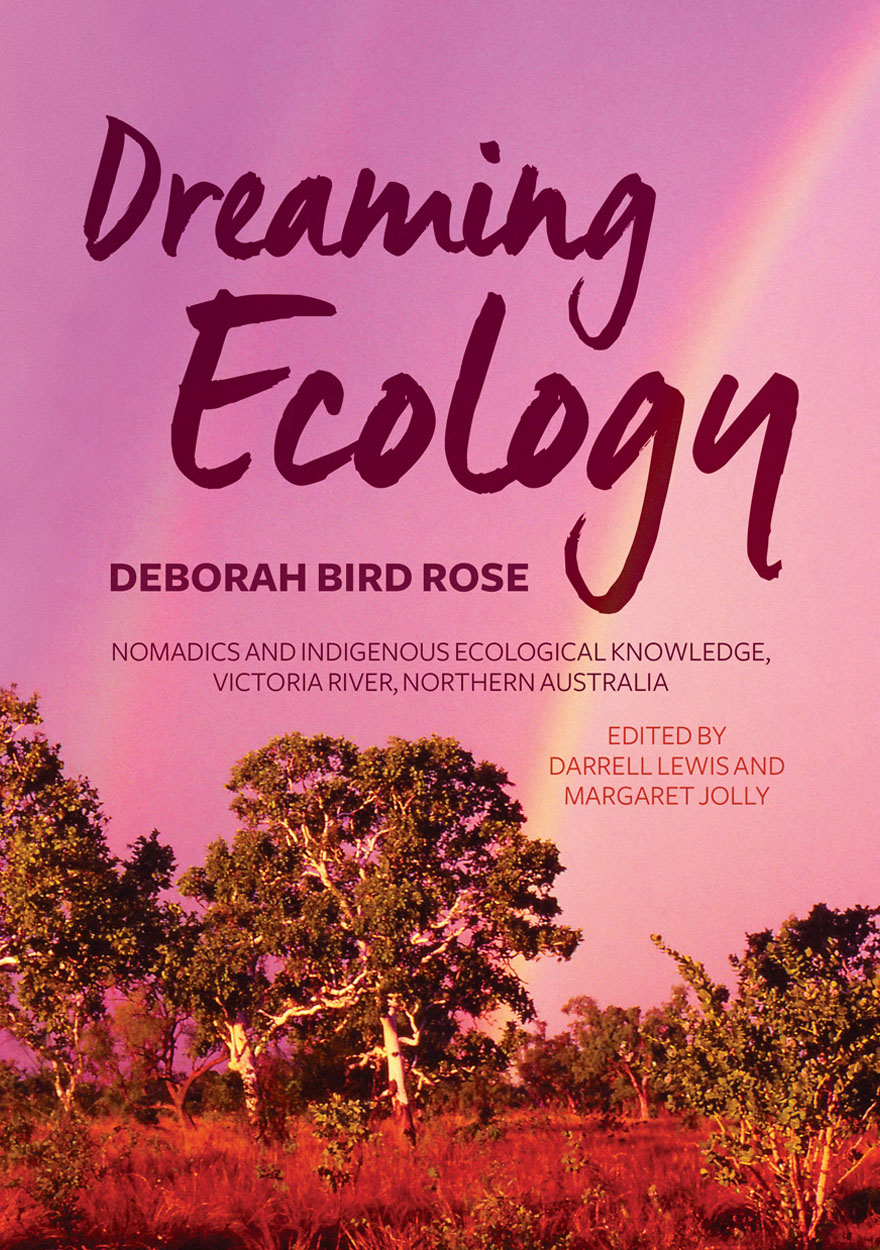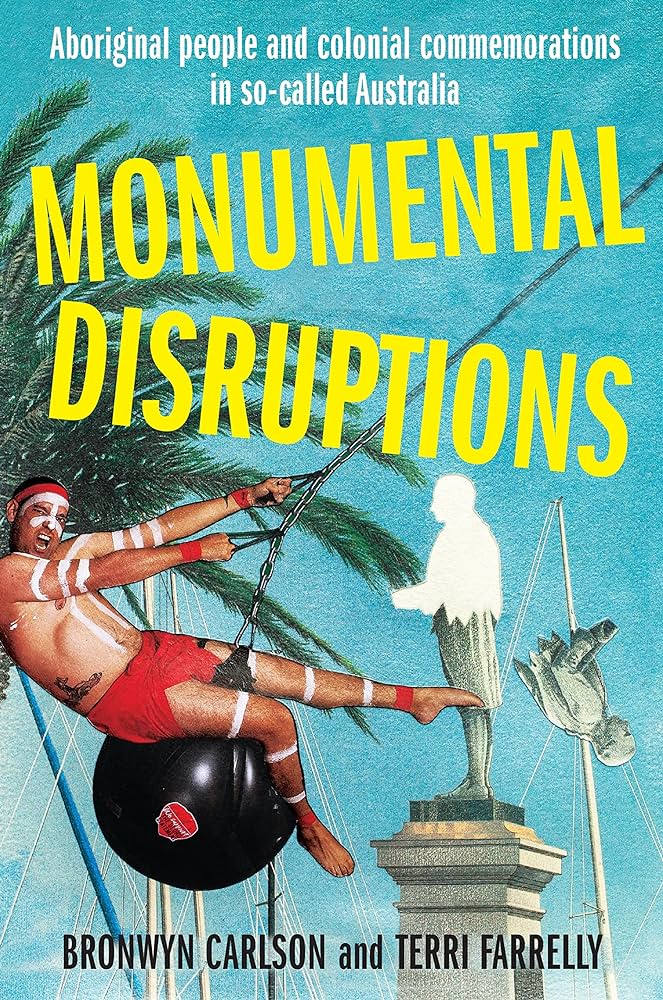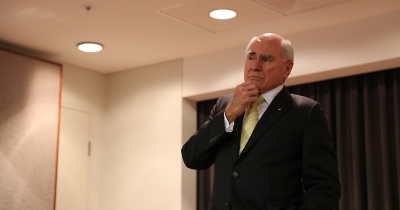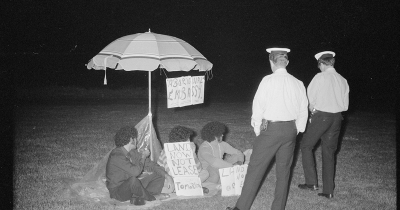Indigenous Studies
You Are What You Make Yourself To Be: The story of a Victorian Aboriginal family by Phillip Pepper
You Are What You Make Yourself To Be is the documented personal history of one Victorian Aboriginal family. The author’s story is interspersed with researched documented facts intended to authenticate and support the narrative but at times these lengthy italicized notes work against the continuity of the story.
... (read more)Jilya: How one Indigenous woman from the remote Pilbara transformed psychology by Tracy Westerman
There’s a crisis happening in Australia – and each year it worsens,’ writes Tracy Westerman. Aboriginal children face devastating disparities: they die at four times the rate of non-Aboriginal children and forty per cent of these deaths are suicides, in some cases of children as young as ten years old.
... (read more)John Howard, someone has remarked, deserves to be remembered for his shabby key to political success: he gave Australians permission to leave their consciences in the cupboard. Paul Keating, who knew what was coming with Howard, said that, if you have to pick a horse in any political race, back self-interest because at least you’ll know he’ll be trying. Bain Attwood’s important new book is about the struggle to right the nation’s greatest wrong in the hundred years before Keating and Howard began their political careers. It is an inspiring story about a tiny minority of fighters and a depressing reminder of how long self-interest and indifference kept consciences safely locked away.
... (read more)Shapeshifting: First Nations lyric nonfiction edited by Jeanine Leane and Ellen van Neerven
In the Zeitgeist of rising Trumpism, fascism, international paranoia about war and famine, a cataclysmic end of the planet’s climate, and the fatalistic zeal for Armageddon, this collection of essays and other non-fiction texts is welcome. We can concentrate on the Indigenous personal and provocative visions that impact on Australian literature.
... (read more)Protecting Indigenous Art: From T-shirts to the flag by Colin Golvan
In this important book, Colin Golvan – a distinguished senior counsel – recounts some of the most notorious cases of copyright abuses endured by Indigenous artists, their work taken without permission, attribution, or adequate compensation and used on objects ranging from souvenir T-shirts to expensive carpets. An intellectual property barrister, Golvan leads us through the intricacies of these cases with lawyerly precision and poise, championing the role of copyright in bringing justice to Indigenous people.
... (read more)Lessons from Our Failure to Build a Constitutional Bridge in the 2023 Referendum by Frank Brennan & The End of Settlement by Damien Freeman
It was no surprise, in the end, when the October 2023 referendum on the constitutional enshrinement of an Aboriginal and Torres Strait Islander Voice was comprehensively defeated, given the concerted opposition of the Liberal-National Coalition. The history of Australian referendums is clear: bipartisan support is a necessary precondition for constitutional change.
... (read more)Dreaming Ecology: Nomadics and Indigenous ecological knowledge, Victoria River, Northern Australia by Deborah Bird Rose
Dreaming Ecology is the posthumous third volume in a trilogy that also comprises Deborah Bird Rose’s earlier anthropological study Dingo Makes Us Human (1992) and Hidden Histories (1991), an account of the recent his-tory of Aboriginal people in the Victoria River District (VRD) region in the north-western corner of the Northern Territory. As an anthropological neophyte, I came across her briefly in 1994 during the Palm Valley Land Claim in Central Australia, in her role as anthropologist assisting the Northern Territory Aboriginal Land Commissioner. Although by the time of her death in 2018 she had worked on nearly twenty Aboriginal land claims, her own anthropological research diverged from Australian anthropology’s preoccupation for nearly fifty years with Indigenous land tenure systems dictated by the land claim and native title claim process.
... (read more)Monumental Disruptions: Aboriginal people and colonial commemorations in so-called Australia by Bronwyn Carlson and Terri Farrelly
Monumental Disruptions could not be more timely. Bronwyn Carlson and Terri Farrelly present settlers – whom historian Patrick Wolfe denoted ‘colonisers who never left’ – with a handbook on the failings of mythologised colonial history and the negative ramifications of this mythical history to this day. They argue that this history-telling is structurally intrinsic to many ideologies held by settlers since their fraught but recent history on this continent began. Over the course of ten comprehensive chapters Carlson and Farrelly describe the history behind colonial monuments and their relevance to a modern Australia.
... (read more)Why did Australia vote against the Voice referendum?
... (read more)The defeat of the proposal in the recent Aboriginal constitutional referendum was unsurprising given the forces at work, which I discussed in ‘A Referendum in Trouble’ (ABR, July 2023). Most importantly, it lacked the support of the Liberal and National parties once their leaders decided to oppose it, largely for partisan purposes.
... (read more)
